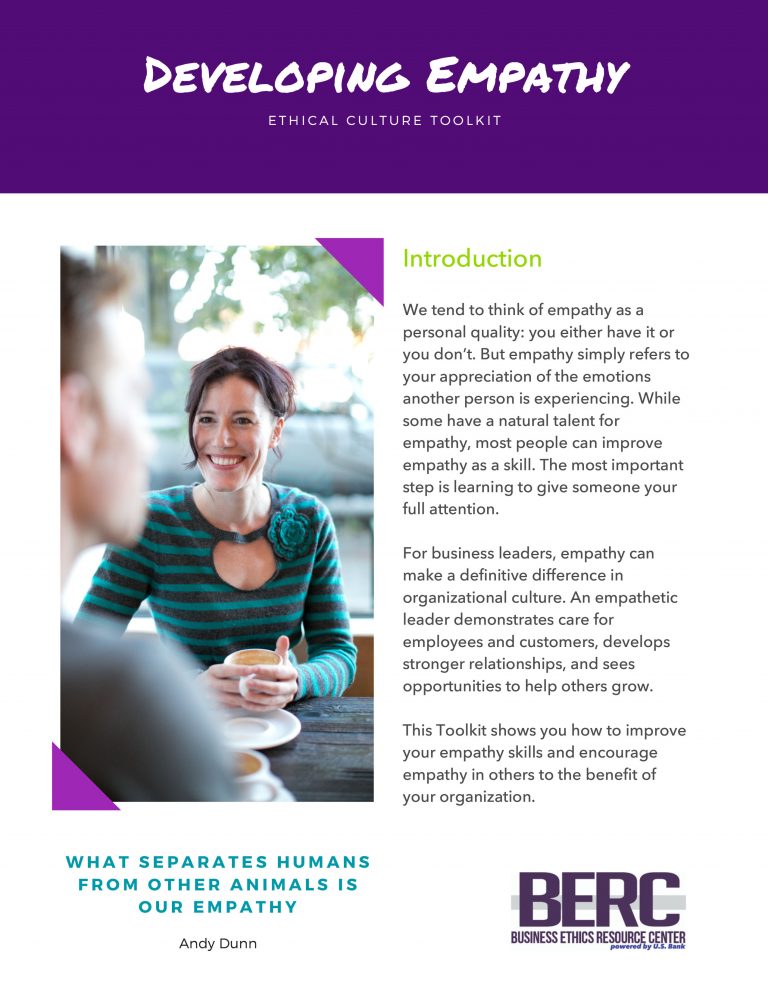Ultimately, culture can change as a result of leaders communicating their values frequently and widely.
By Rama Hart Special to the Star Tribune AUGUST 9, 2020 — 2:00PM
Q: What is needed for organizational culture to stay strong in the new normal?
A: While the new normal of our society going virtual has advantages and disadvantages, if an organization has a deeply entrenched history, its culture can remain fairly strong even after going online. Ultimately, though, culture can change as a result of leaders communicating their values frequently and widely. Policies also can affect culture as organizations move to more online work. We all have experienced how technology has influenced our perception of the workday moving toward 24/7. If we want to maintain balance, it is wise to model behaviors that promote separation between work time and rest time. An example of that would be setting an out-of-office message for the weekends, or communicating a set time window for responding to e-mail.
To build effective team and mentoring relationships, it matters what you focus on in virtual collaboration. Shared problem-solving — meaning helping to solve work-related challenges — is the fastest path to team building in a virtual setting.
Trust can be built based on the shared culture, but it can also be built by sharing knowledge and providing help to one another when needed. Then, you can get to the fun stuff of deepening your knowledge of each other more personally. When you start online and not face-to-face, remember to communicate often with your teammates and colleagues, even if your messages are short.
Virtual collaboration across cultures requires one to be more prepared. Do your homework. Work cultures differ according to region here in the United States, too. Put a Minnesotan in a negotiation with a New Yorker on a Zoom call, and tell me it’s not difficult!
Virtual communication compounds cross-cultural misunderstanding without the opportunity to quickly apologize or ask for clarification. The intensity of online communication is pronounced — we might overcommunicate or leave the call with incorrect assumptions of what took place.
We have a lot to learn and a lot of opportunity for improving how we work and communicate virtually. I would encourage everyone to be gentle with themselves and with each other.
Rama Hart is an associate professor of management at the University of St. Thomas Opus College of Business.
This article originally appeared in the Star Tribune. Used by kind permission of the Star Tribune.


